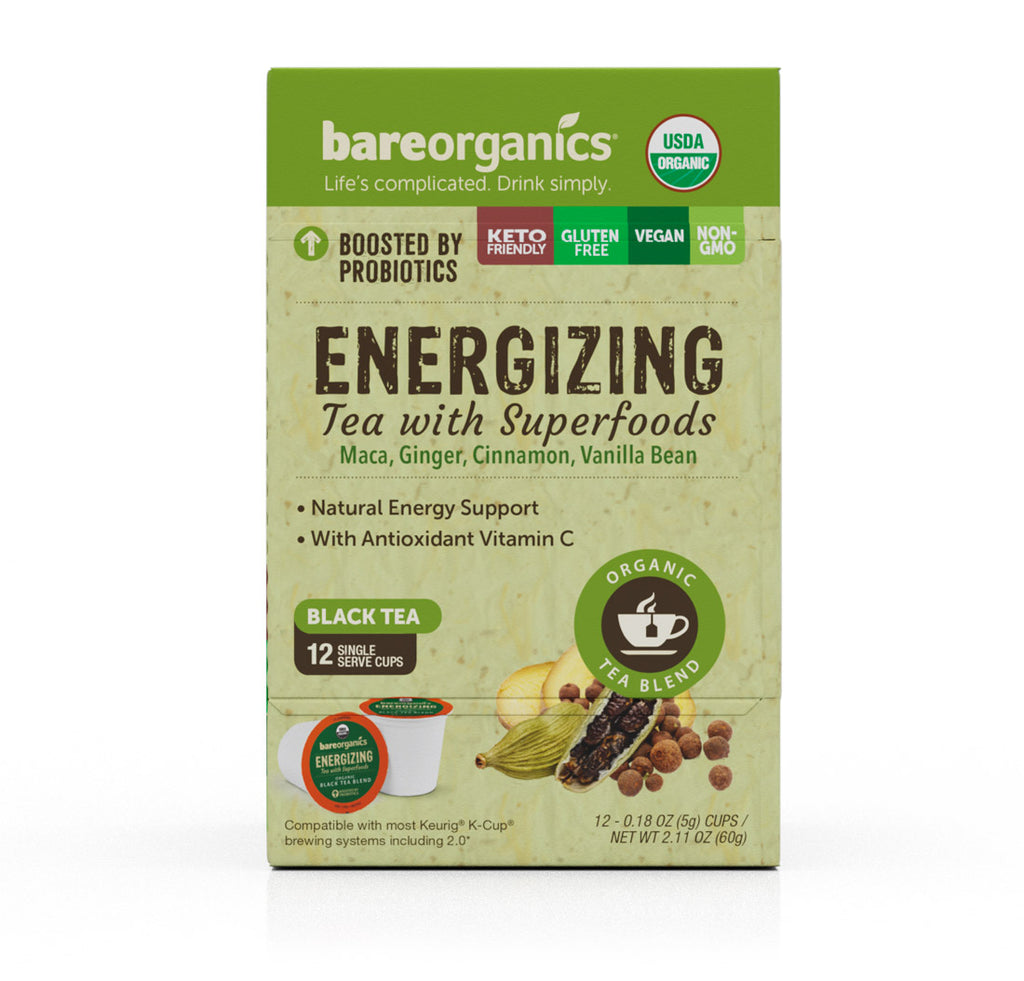
Whether you’re looking to improve your energy levels naturally or simply want an alternative to caffeine, you can try incorporating organic tea and coffee into your diet.
Unlike coffee, which is usually consumed in excess, tea does not contain as much caffeine per serving. This means that it can provide a more gradual boost of energy without the caffeine crash that often comes with coffee.
Green Tea
Green tea is one of the healthiest drinks you can drink. It contains a lot of antioxidants called catechins, which are thought to fight cell damage and prevent diseases.
Despite its many benefits, it’s important to note that drinking green tea on an empty stomach can cause nausea. It’s best to sip it after a meal.
The antioxidants in green tea may also help protect against the sun’s UVB rays. This could lower your risk of skin cancer and premature ageing, according to research.
In addition, green tea may increase fat burning and boost your metabolism. This can help your body function at its peak, which will give you more energy and make you feel better overall.
Choosing organic tea can be tricky, so it’s important to look for certifications such as USDA or ECOCERT. This will ensure that the ingredients are grown in a safe environment.
Yerba Mate
Yerba Mate is a tea-like beverage made from dried and steeped stems and leaves of the holly plant (Ilex paraguariensis). It’s often confused with coffee for the same reason, but in reality, yerba mate offers many natural energy benefits.
Unlike coffee, it doesn’t contain the same amount of caffeine. Instead, yerba mate contains the stimulants theobromine and theophylline, which are less likely to cause headaches or other unwanted side effects.
Additionally, yerba mate has a wide range of health benefits. It can help reduce blood pressure, and it can protect against the damaging effects of oxidative stress.
It also contains antioxidants that can help lower the risk of certain diseases, such as cancer. Plus, it can also help to improve the immune system.
Drinking yerba mate regularly can also lead to weight loss. It can help to suppress appetite, and it can also regulate the hormone leptin. It can also help to lower lipid levels in the body and liver.
Matcha
Compared to coffee, organic matcha has lower caffeine content and offers an ongoing energy boost. This is unlike coffee, which often gives you a fast 30-minute peak and crash, followed by jitters that can cause anxiety.
In addition to its low caffeine, matcha also has high levels of L-Theanine, an amino acid that can reduce stress and improve focus. This amino acid has been shown to help increase alpha waves in the brain, which are the same type of brain waves found in meditation and yoga practice.
Matcha also contains a lot of antioxidants. These antioxidants help your body fight off diseases and maintain health. They can also reduce the risk of heart disease and stroke.
Honey
Adding honey to your coffee and tea is a great way to naturally improve your energy levels without consuming high amounts of sugar or calories. Unlike sugar, honey provides trace amounts of minerals and vitamins and can be beneficial for those trying to incorporate more whole foods into their diets.
The sweet nectar is full of antioxidants, which reduce oxidative stress in the body. It also helps improve heart health and lowers the risk of coronary artery disease.
Honey can also help to treat cough and common cold symptoms, boost immunity, and strengthen your teeth and bones. It also has antimicrobial properties that kill bacteria and is a natural antibiotic, so it can be used to help treat some chronic health conditions such as asthma or bronchitis.
However, it’s important to note that honey can crystallize when stored for long periods of time and when stored at low temperatures or with higher glucose content. This process can also darken the color and destroy healthy enzymes and other nutrients.
Frequently Asked Questions
What is the difference between organic food and inorganic?
Organic food does not contain pesticides, chemical fertilisers, sewage waste, irradiation, genetic modification. Organic farming practices are good for soil health, water quality, animal welfare, and the environment.
Inorganic foods are produced using chemical fertilizers, pesticides, and sewage effluent. Radiation is used to treat irradiated food; biological engineering techniques are used to create genetically modified organisms (GMO).
The term "natural" is often used interchangeably with "organic." Natural does not always mean organic. Products labelled "natural", however, may contain synthetic chemicals.
Organic produce is often more nutritious than conventional produce, as the soil has fewer pesticides and harmful chemicals. Organic farmers also don't use synthetic fertilizers or hormones, pesticides, or antibiotics.
What is organic meat exactly?
Organic meat means real food, grown without artificial fertilizers or pesticides. Organic meat also indicates that animals were not fed genetically modified food. Because there are no harmful chemicals in the meat, it is safe for human consumption.
Organic meats are also better for our environment. We reduce the amount of pollution in our rivers, lakes, and landfills by eating organic food. We also help protect wildlife because organic farmers usually do not use toxic chemicals that kill insects and birds.
The best way to ensure that you eat healthy organic meats is to buy them locally whenever possible. Local shopping helps keep more money in your community than it does out of state. Local businesses often offer discounts to their customers by shopping locally. In addition, buying local keeps jobs right here in America instead of sending them overseas.
What are organic products for beauty?
Organic Beauty Products are natural products that do not contain any synthetic chemicals, including parabens. Phenoxyethanol, phthalates and artificial preservatives. These ingredients are commonly found in conventional beauty products like cosmetics, shampoos, and perfumes.
Organic beauty products can also be made without animal testing, and they do not contain any genetically altered organisms (GMO).
The USDA defines organic food as "a system which fosters cycle of resources"; it has been used for decades by the USDA to describe foods that are grown without pesticides.
In recent years, there has been an increasing demand for eco-friendly beauty products because of the harmful effects of chemical substances on our bodies.
These include allergies, cancer, skin irritation, hormonal imbalance, early aging, and skin irritation.
Organic beauty companies believe in creating safe and healthy products while protecting the planet.
What is an organic food manufacturer?
Organic food producers make products that are organically grown. These foods include fruits, veggies, grains, and dairy goods.
Organic food production takes place on farms where crops are nurtured naturally. This includes soil preparation, pest controls, and crop rotation.
Organic products must meet certain criteria established by USDA (United States Department of Agriculture) before they can be considered organic.
These guidelines are designed to ensure consumers have access to safe, healthy and nutritious food.
Organic food has many benefits, including lower pesticide residues and higher levels of heavy metal contamination as well as better nutrition and flavor.
USDA Certified Organic products must be labeled with the seal "USDA certified organic".
This certification means that the product meets standards established by the National Organic Program.
Organic food helps us eat healthier and also protects the environment.
Organic farming methods preserve natural resources, such as water or land. Organic farming also helps to reduce greenhouse gases emissions, which are responsible for climate change.
Organic agriculture uses fewer chemical inputs and pollutes less.
It also improves air quality because harmful gases like ammonia and nitrates are less likely to build up in the atmosphere.
There are many types to organic farming.
Conventional farming uses synthetic inputs such pesticides and fertilizers.
Regenerative agriculture uses cover crops and green manures to improve soil quality. It promotes biodiversity.
Agroecology is concerned with sustainable relationships between humans, plants, animals, and the environment.
Permaculture encourages self-sufficiency by creating systems that are similar to nature.
Are organic foods healthier?
According to the Environmental Working Group’s latest report on pesticide residues, organic fruits/vegetables had nearly half as many pesticides than non-organic. They found that organic apples contained eight times fewer pesticides than non-organic apples, while organic strawberries were four times cleaner than their conventional counterparts.
Another study suggests that organic food can reduce exposure to toxic metals such as lead and mercury. One study found that organic meats had 33 percent less lead in children than the levels of those who did not eat them. Another study concluded traditional fish should not be consumed by pregnant women, due to high mercury levels.
Organic food tends to be healthier than nonorganic. However, to reduce your risk of cancer and other diseases, experts recommend choosing fresh fruit and vegetables whenever possible.
Which organic vegetables are the best?
Organic vegetables are the best and most nutritious food source. They are considered to be the healthiest foods on earth.
Organic produce is free from pesticides and herbicides. These chemicals can pose serious risks to our environment and health.
Organic produce also has more nutrients, vitamins minerals, antioxidants and phytonutrients. They also contain more fibre, essential fatty acids, enzymes, fiber, and enzymes. This makes them more healthy because organic produce absorbs nutrients better.
Organic vegetables taste delicious and are safe for you to eat. Organic produce is safe to eat.
Any grocery store can sell organic fruits and vegetables. As long as they are produced according to USDA guidelines (which means they meet the standards set forth by the United States Department of Agriculture), they are labelled "organic." If you cannot find organic produce at your local grocery store, check out online retailers such as Amazon or Walmart.
Statistics
- Nutrients like omega-3 fatty acids were up to 50 percent higher in organic meats and milk than in conventionally raised products.[3] (en.wikipedia.org)
- Once certified by the USDA, it can fall into one of four categories: "100 percent organic", "organic," "made with organic ingredients," or "made with less than 70 percent organic ingredients. (en.wikipedia.org)
- According to a study performed by consumerreports.org, organic products, compared to non-organic products, ranged anywhere from 13 percent cheaper to 303 percent more expensive. (en.wikipedia.org)
- Brands participating in this challenge are committed to using 100 percent sustainable cotton by 2025.[5] (en.wikipedia.org)
External Links
usda.gov
ecfr.gov
ewg.org
ota.com
How To
What happens to your body if you switch to organic products
Organic products are grown without pesticides, synthetic fertilizers, hormones, antibiotics, or genetic manipulation. They come from clean water sources and free-range animals. They are organic because they don't contain any additives or chemicals. This product was created by nature, and therefore does not contain harmful substances.
Natural refers to the way food was grown. It is used to describe food that has not been processed into its final form, such as fruits. Natural foods are often more fresh than others, because they haven’t been processed with heat, radiation or chemical preservations. Some people think natural does not necessarily mean healthy. Experts agree that organic and conventional foods are very similar. Both types are tested for safety as well as quality. Organic produce has less pesticide residues and pollutant than conventionally grown food.
Most grocery stores now carry organic meats and poultry. You can find organic meat, poultry, eggs, and seafood at your local market. Some companies only sell organic products. Others have separate sections. USDA Certified Organic, Non GMO Project Verified. Biodynamic Association Certified. Rainforest Alliance Certified.
These products should not be consumed if you are pregnant. Pesticides are known to affect unborn babies and infants.
Resources:
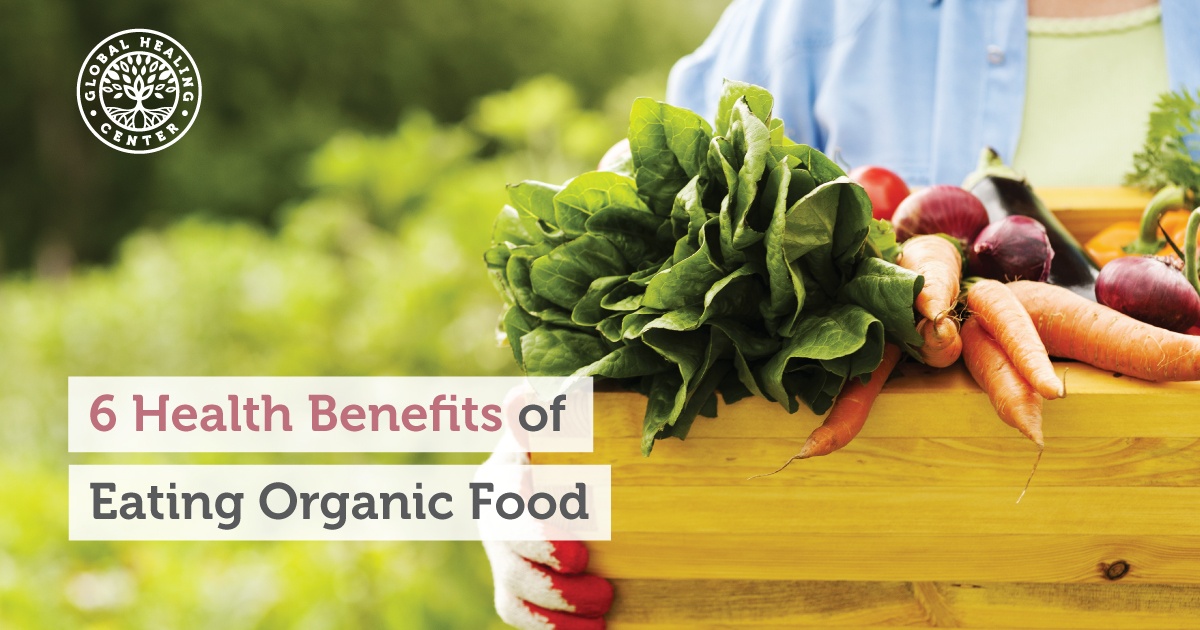 |
Nuts and SeedsNuts and seeds are nutrient-rich crunchy tidbits that add a protein, fiber and healthy fat punch to meals and snacks. They’re also a great source of.. |
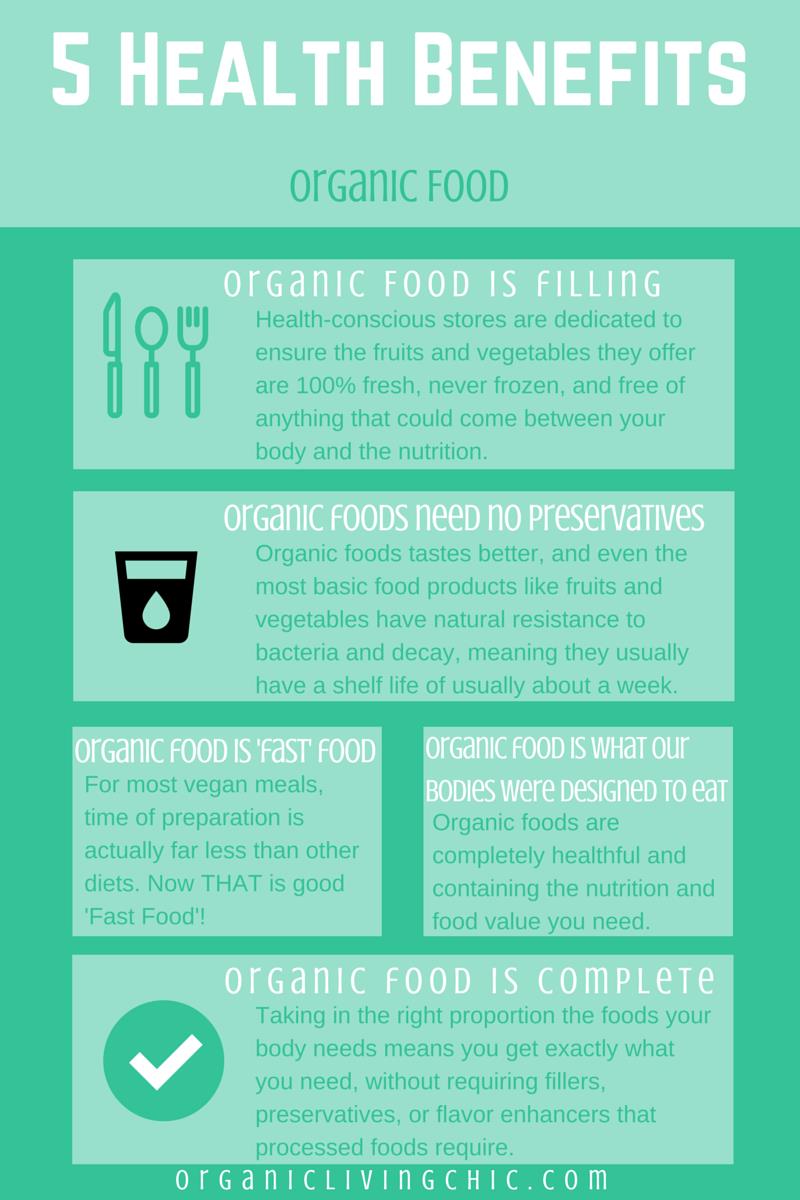 |
Organic Food For A Six Pack? The TRUTH About Organic vs Conventional Foods!Get ripped and keep your strength: http://goo.gl/uLzHn6 Hey guys, it's Clark over at Six Pack Shortcuts and today we're gonna talk about organic vs |
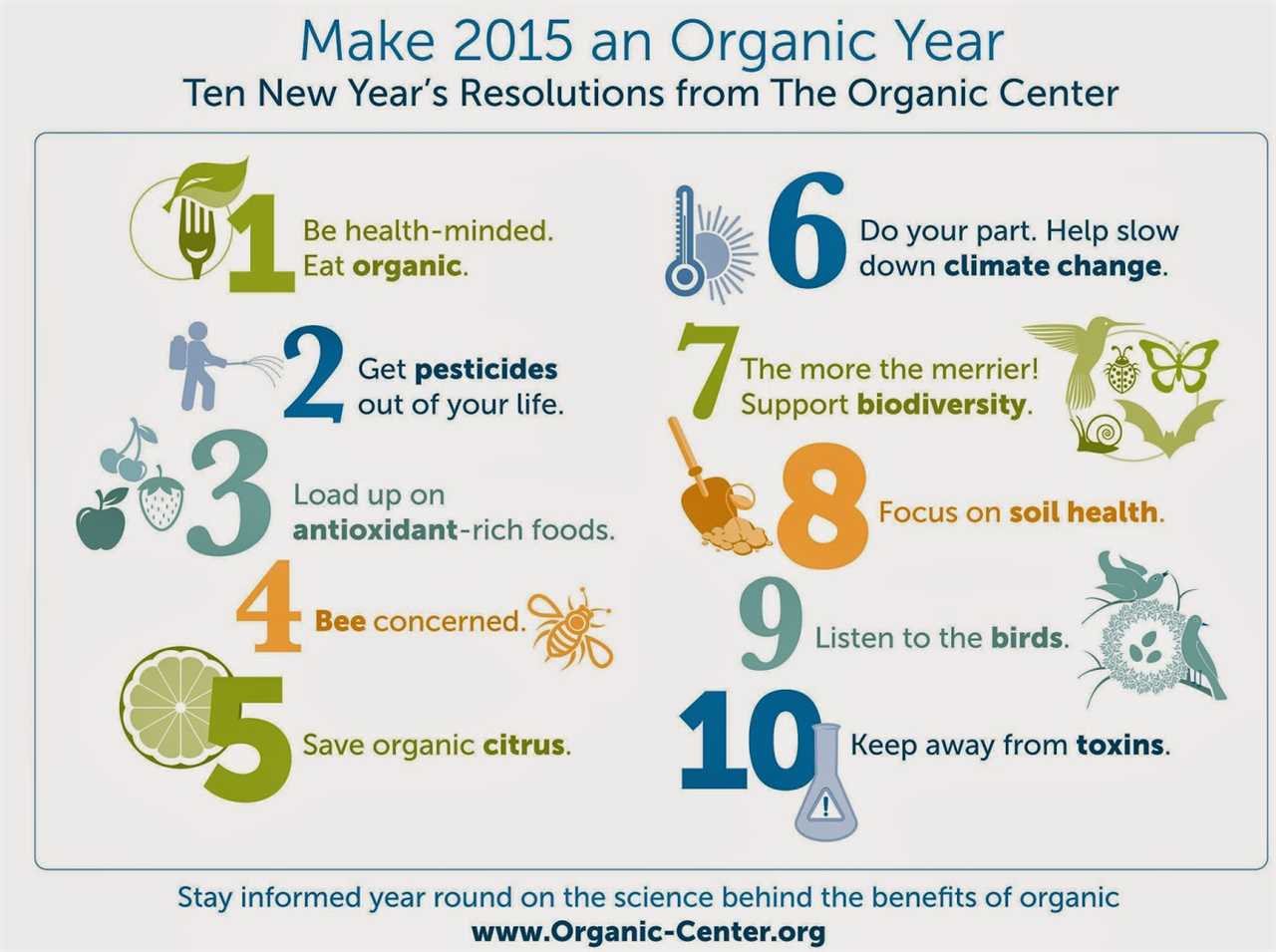 |
Organic vs Conventional Produce - The Dirty Dozen & Clean 15 ExplainedClick https://skl.sh/flavcitywithbobbyparrish to get 2 months of Skillshare for FREE! Here is a full review of the dirty dozen fruits and vegetables and |
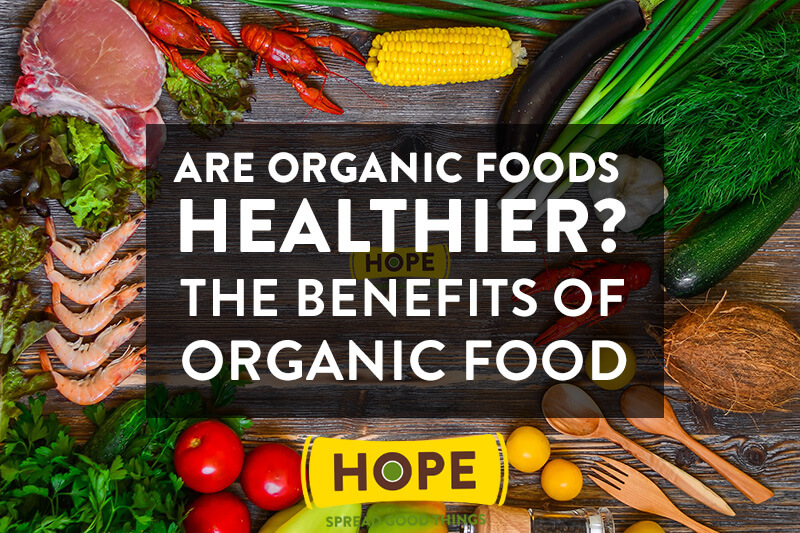 |
Are Organic Foods Really Healthier?It's widely believed that organic foods are more nutritious and safer than non-organic foods, even though the evidence is far from clear. Food certified as |
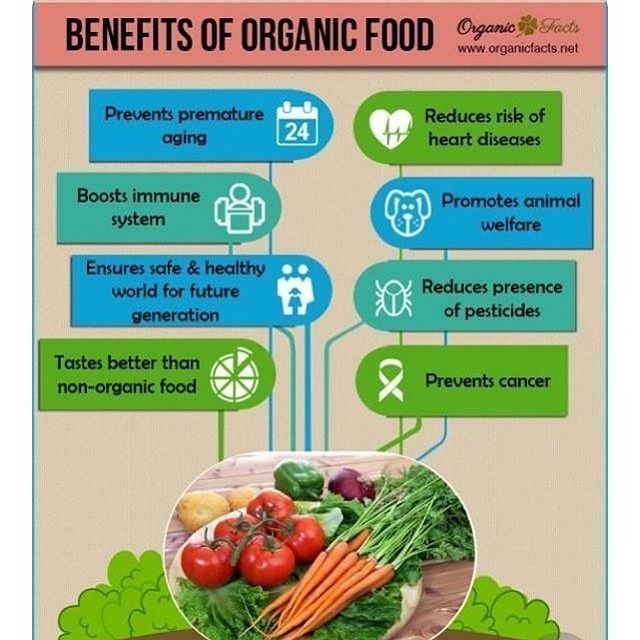 |
Are GMOs Good or Bad? Genetic Engineering & Our FoodAre GMOs bad for your health? Or is this fear unfounded? OUR CHANNELS German Channel: https://kgs.link/youtubeDE Spanish Channel: |
 |
How the food you eat affects your brain - Mia NacamulliView full lesson: http://ed.ted.com/lessons/how-the-food-you-eat-affects-your-brain-mia-nacamulli When it comes to what you bite, che […] |
 |
Is Buying Organic Food Worth The Cost?Subscribe to Goodful: https://bzfd.it/2QApoPk Goodful Goodful Feel better, be better, and do better. Subscribe to Goodful for all your healthy self care |
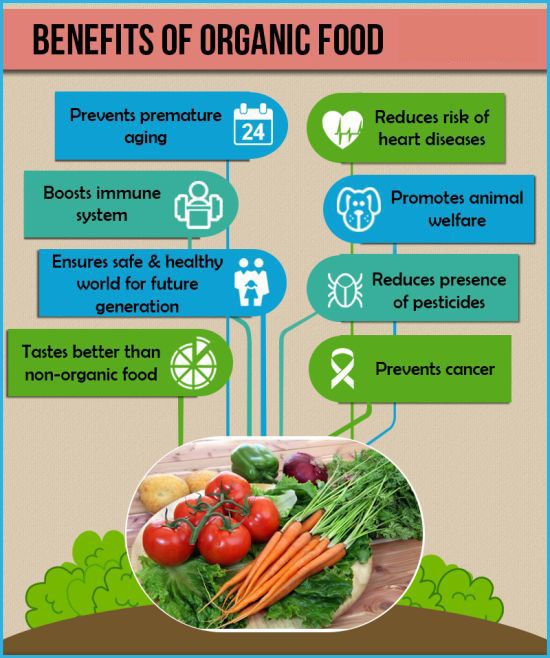 |
Benefits of Choosing Organic Gluten-Free OptionsIf you’ve been diagnosed with gluten sensitivity or celiac disease, you know how hard it can be to avoid foods containing wheat and other grains. But |
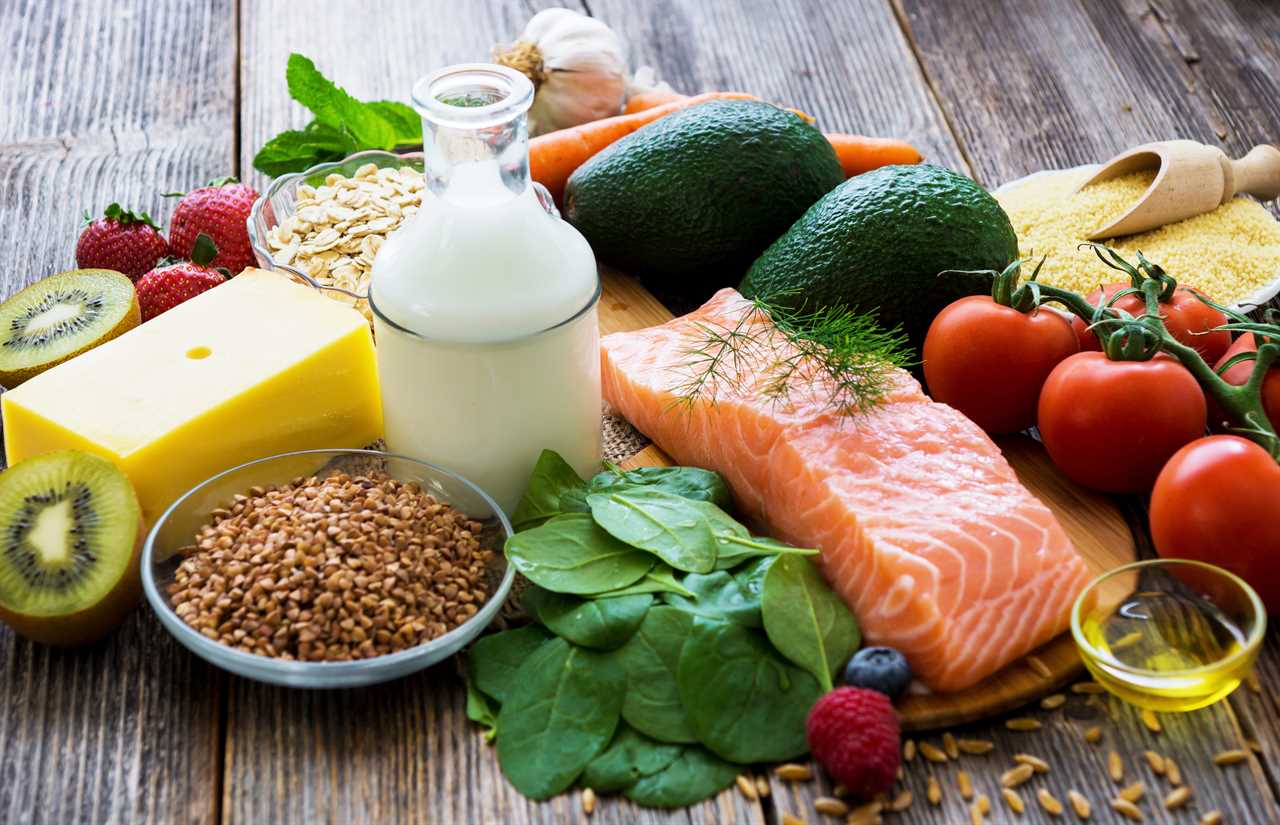 |
Joseph Wang LIVE (Bank Bailouts and Moral Hazards Deep Dive)buy my stuff Come to rebel capitalist live at https://rebelcapitalistlive.com Check out my private, online investment community (Rebel Capitalist Pro) |
 |
Organic Farming and Soil HealthOrganic farming practices promote soil health through crop rotations, symbiotic associations, cover crops and minimum tillage. These management.. |
 |
Research Reveals How Your Body Reacts When You Eat Only Organic FoodsThere is a growing belief that organic foods are healthier for us than non-organic foods. This ever-increasing belief is responsible for significant growth in |
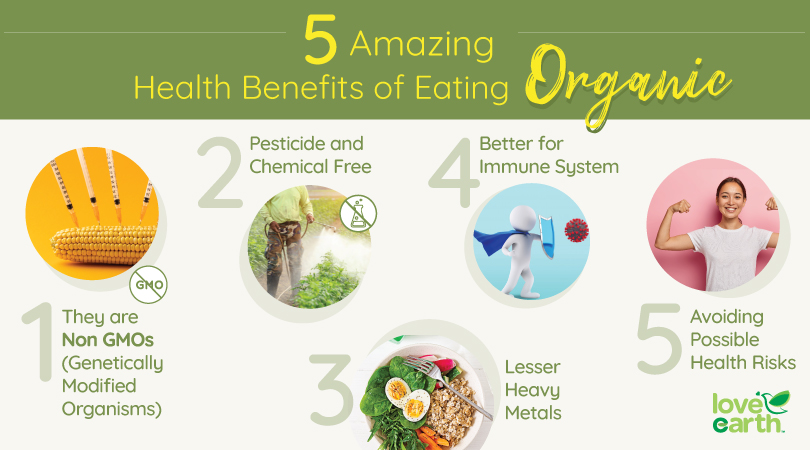 |
Stop Wasting Money on These ORGANIC Veggies (you don’t need to buy them organic)Click Here to Subscribe: http://Bit.ly/ThomasVid Get MY Recommendation on Groceries Delivered to Your Doorstep with Thrive Market: http: […] |
 |
If You Eat an Avocado a Day For a Month, Here''s What Will Happen to YouWhat Will Happen to Your Body If You Eat Avocado Every Day. The avocado is a unique fruit with multiple nutritional and health benefits. How would your body |
 |
Korean GardeningKorean gardening is one of the oldest ways to grow plants. It involves planting herbs, fruits, and vegetables that are used in kimchi, a type of.. |
 |
The Rodale InstituteThe Rodale Institute is a nonprofit organization that aims to support research into organic farming. It was founded in 1947 by J. I. Rodale, an.. |
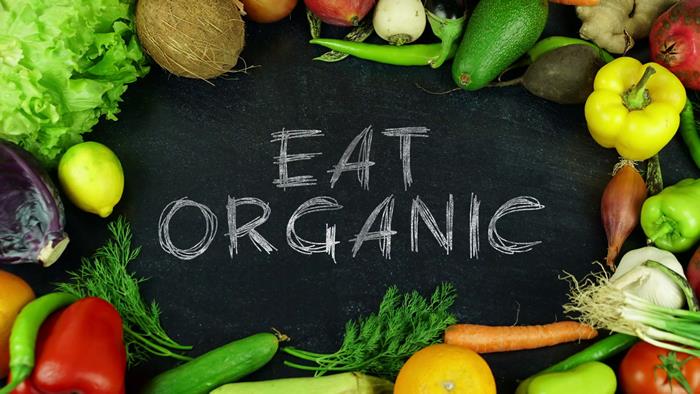 |
Organic eatingOrganic Cultur |
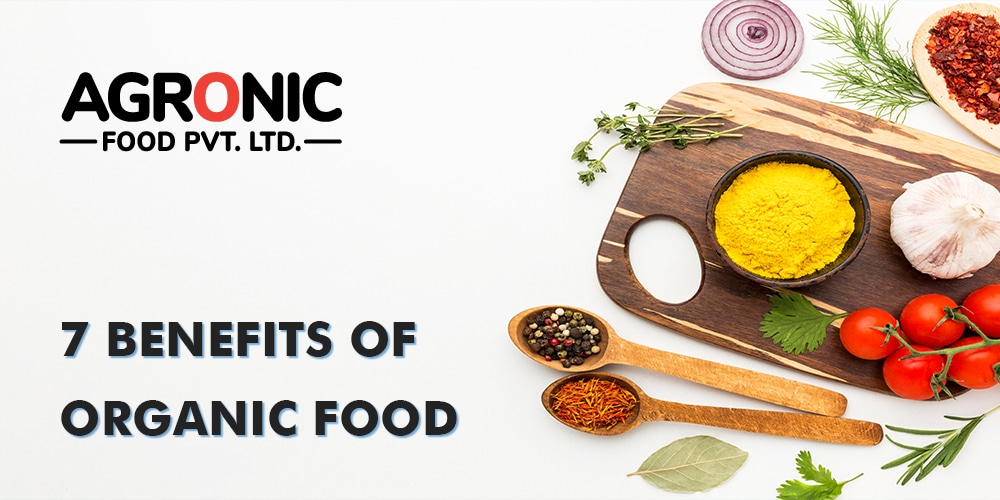 |
What is a Conventional Farm?Conventional farm is the term used to describe a farm that is not organic. It is a form of agriculture that is associated with better soil quality,.. |
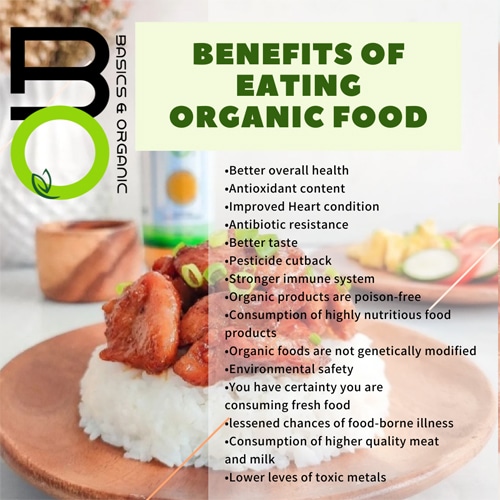 |
Chhattisgarh's Organic Farming SchoolsThe government of Chhattisgarh has started to introduce organic farming schools. This initiative is intended to provide the young generation with the |
 |
Can Organic Be GMO?The question Can organic be GMO is an ongoing debate among many consumers. While it's possible to eat foods that have been produced using genetic.. |
 |
When Did Organic Food Start?The answer to the question when did organic food start? will vary depending on the time period in which you are looking at. For instance, it may be a |
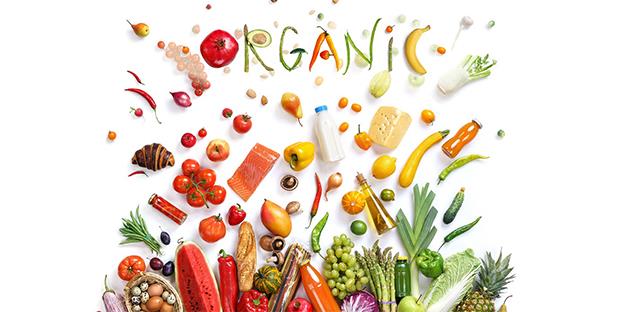 |
Organic Farming PrinciplesOrganic farming is a practice that is designed to be sustainable and healthy. Its principles include avoiding harms produced by industrial farming.. |
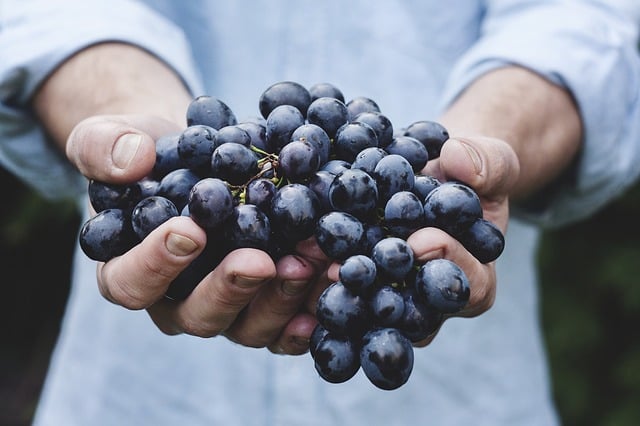 |
Soil Composition and BiodiversityThe soil that we have around us is a vital part of our lives. It is the home for many plants and animals. It also has a texture, a color, and many.. |
 |
The Benefits and Pitfalls of Organic Farming OrganizationsOrganic farming is an approach to farming that is not only ecologically sound, but also financially feasible. It is a method that is free from.. |
 |
Exotic VegetablesWhen it comes to vegetables, there are plenty of choices to choose from. Some of the most popular choices include broccoli, corn, carrots, and.. |
 |
Learn How to Become an Organic Farmer Through a Training ProgramIf you are looking to become an organic farmer, there are several ways you can do so. One option is to take a training program that will teach you.. |
 |
Benefits of Cover CropsIf you aren't familiar with cover crops, you may be surprised to learn that they are plants that are planted to grow on top of the soil to help.. |
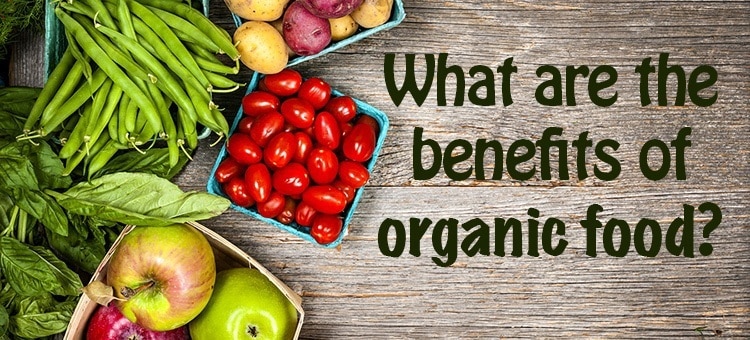 |
What is Organic Cotton?Organic cotton is the type of cotton that is grown without using pesticides or chemicals. It is also the type of cotton that is grown in subtropical.. |
 |
Is Organic Farming Beneficial to Biodiversity?Organic farming is a growing interest in the scientific community, and researchers have been investigating whether the practice is beneficial to.. |
 |
The Benefits of CompostingComposting your waste can be a very effective way of ensuring that your organic material is being broken down to the best of its ability. When.. |
 |
The Difference Between Organic Milk and Regular MilkOrganic milk is a type of milk that comes from livestock that is raised according to organic farming methods. This is a term that is regulated by.. |
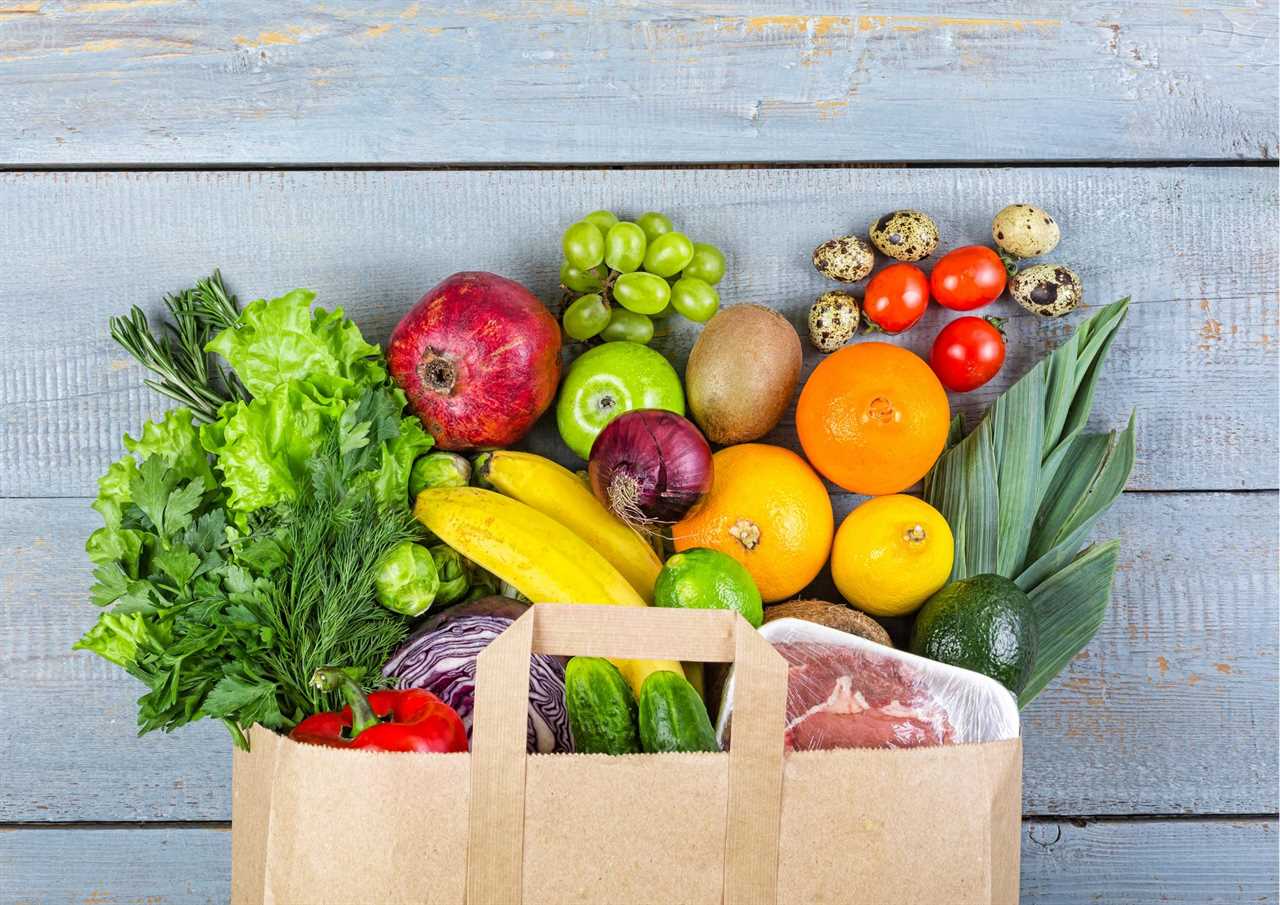 |
Organic Farming MagazineOrganic farming magazine is a resource that provides you with the latest information on organic agriculture, health, and sustainability. It also.. |
 |
The Latest Research on Organic | The Organic CenterResearched articles about eating Organic food |
.png)





